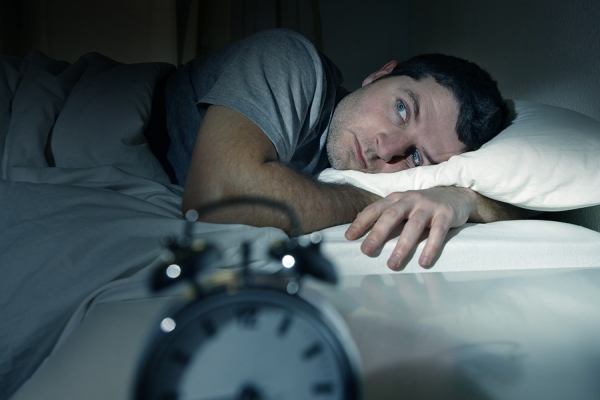Getting Plenty of Sleep

Getting plenty of sleep is a very important part of your personal safety. Most people need 7.5-8.5 hours of sleep each 24-hour day.
Sleep loss built up slowly over several nights can be as harmful as sleep loss in one night. Both produce a decline in performance such as slower reaction times, failure to respond to changes, and the inability to concentrate and make reasonable judgments.
Research that tested a fatigued state from continuous hours of wakefulness against blood alcohol levels concluded that:
- 17 hours awake is equivalent to a blood alcohol content of .05
- 21 hours awake is equivalent to a blood alcohol content of .08 (the legal limit in Ohio)
- 24-25 hours awake is equivalent to a blood alcohol content of .10
In addition to fatigue caused by shortened periods of sleep, the quality of sleep during the day is not the same as during the night. People have a natural tendency to be awake during the day. Every person has a circadian rhythm - an internal biological time clock. This rhythm follows body temperature and changes our level of mental alertness.
Typically, in a 24-hour period, our alertness is reduced between the hours of 3:00 and 5:00 during the day and the night. So during night shifts, workers are fighting against their natural rhythm to stay awake at a time when they would naturally sleep.
How about you? Do you get enough sleep? It is important that you do for your safety and the safety of your coworkers.
